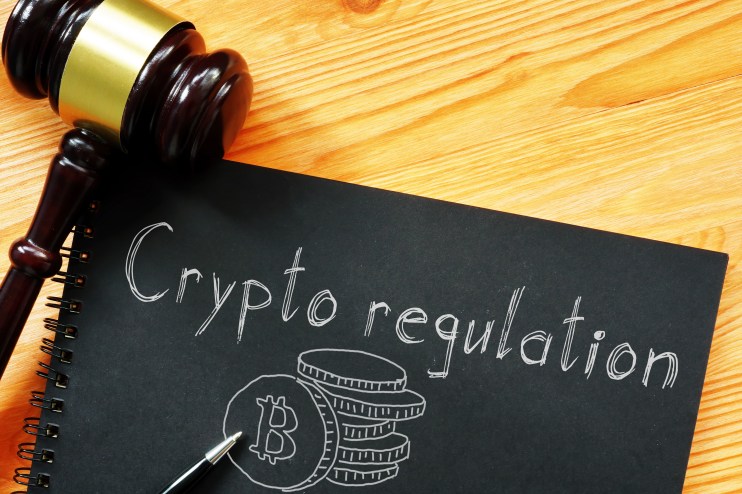Law Commission proposes crypto reforms and suggests recognising it as new form of property

The Law Commission of England and Wales today published new proposals to reform the law around crypto and suggested recognising them as a new, distinct form of property known as “data objects.”
The Commission highlighted the increasing importance of crypto and its numerous uses as it considered the principles of private law and private property law relating to digital assets in a consultation paper.
The Commission said the “data objects” recognition would be separate from other types of property such as things in possession, which are physical assets like gold, and things in action, like shares in a company. It said that explicitly putting crypto in this category would better accommodate its “unique features”.
By better acknowledge these unique features, the law would provide a “robust” legal foundation and more “conducive” environment for crypto users and the industry, the Commission mentioned.
“The Commission’s proposals aim to deliver wider recognition and legal protections for digital assets, allowing a more diverse range of people, groups and companies to interact online and benefit from them,” the Commission said about its proposals, currently undergoing consultation.
“Because they are not tangible, digital assets have many different features to traditional physical assets. Their unique qualities mean that many digital assets do not fit easily into current private property law categories or definitions.”
The Commission also proposed that the special defence of good faith purchaser for value without notice should apply to crypto-token transactions. This is when the purchaser of a property buys it without knowing of any other party’s claim against the property. In this way, as the purchaser properly records the transaction, they will be the owner of the property despite competing claims.
The Commission said the way in which crypto is transferred is “idiosyncratic” and the mechanism for the transfer of crypto might be different from how the legal title to either tangible things, or to shares, securities and other registered intangible assets is transferred.
The Commission said its proposals aim to “ensure that the law remains dynamic, highly competitive, and flexible, so that it can support transactions and other arrangements involving the technology.”
The UK is moving to set up a regulatory framework for crypto, which currently is not subject to a clear regulatory system.
“The reforms also aim to help to achieve the Government’s stated goal of the jurisdiction of England and Wales becoming a global hub for digital assets, and in particular, for crypto-tokens and crypto-token systems.”